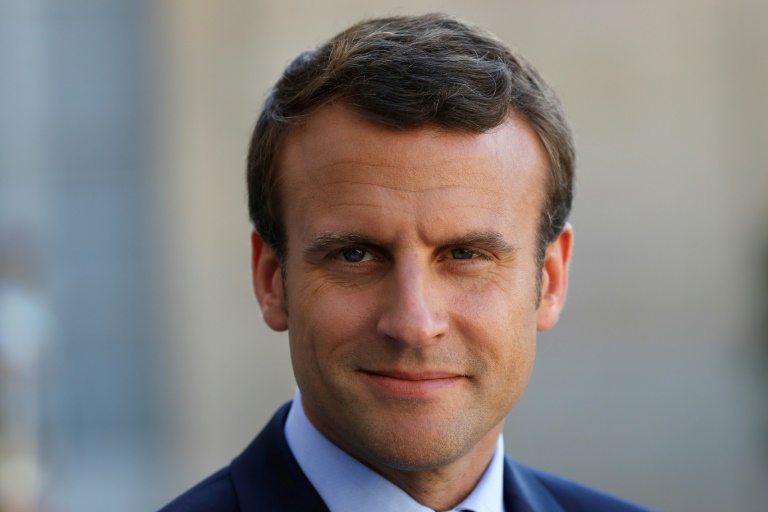
Trump Gets Rid of Nuclear Deal – Macron
French President Emmanuel Macron has said he may have failed in efforts to persuade Donald Trump to retain an international nuclear deal with Iran.
“My view is… that he will get rid of this deal on his own, for domestic reasons,” Mr Macron said at the end of a three-day state visit to the US.
Mr Trump has until 12 May to decide on the deal, which aimed to prevent Iran acquiring nuclear weapons.
He has been a strong critic of the deal, calling it “insane”.
Under the agreement reached under Mr Trump’s predecessor Barack Obama, Iran agreed to mothball its nuclear programme in return for an easing of economic sanctions.
He had made changing the US president’s mind on Iran a top priority for his visit but ended up admitting there was a “big risk” Mr Trump would abandon the deal.
He agreed with Mr Trump that any deal should include a wider agreement on Iran’s influence in the Middle East and should cover the country’s nuclear activities longer term, as well as its ballistic missile programme.
He said he would work with Mr Trump to build a “new framework” in the Middle East – and especially in Syria.
Warning of “big problems” if Iran resumed its nuclear programme, Mr Trump on Tuesday said a “bigger” deal was possible but it must be built on “solid” foundations.
The current deal, he said, was “insane”. “They should have made a deal that covered Yemen, that covered Syria, that covered other parts of the Middle East,” he said.
The US president has long complained that the accord – signed by the US, Iran, Russia, China, France, the UK and Germany – does nothing to halt Iran’s support for militant groups in the region such as the Lebanese Shia Muslim group Hezbollah.
Mr Trump is also demanding that signatories to the pact agree permanent restrictions on uranium enrichment, a key part of any nuclear programme. Under the current deal these restrictions are set to expire in 2025.
In January, he signed a waiver suspending US sanctions on Iran for 120 days, saying this was the last time he would extend the sanctions relief. The next waiver is due to be signed on 12 May.
Echoing Mr Trump’s concern over Iran’s influence in the region, Gen Joseph Votel, head of the US military’s Central Command, on Thursday described the country as the biggest long-term threat to security in the Middle East.
“Iran’s very aggressive approach to the region in trying to spread their revolutionary rhetoric and regime focus here is I think very, very evident”, he told the BBC.
